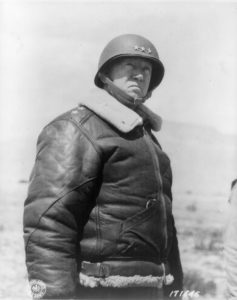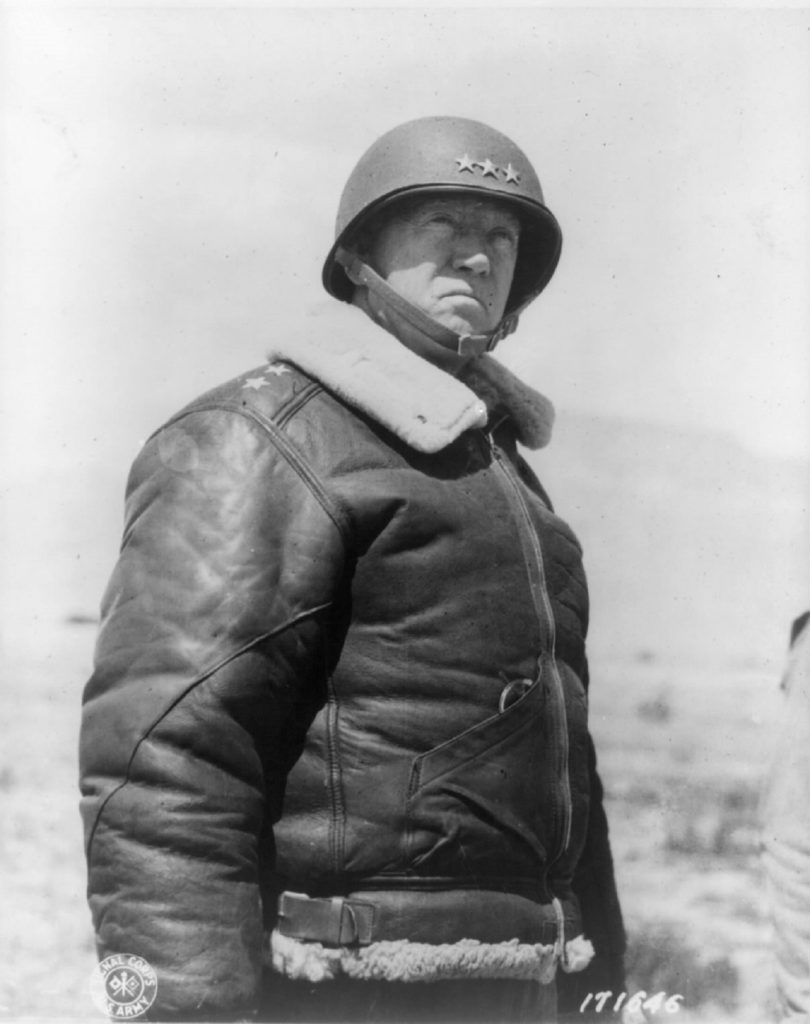Leadership: A Message From the Generals
 Determined to shrink the book pile on my credenza, I grabbed “The Generals: American Military Command from World War II to Today.” Someone recommended it to me several years ago, and I’ve moved it around my office several times since then (always in good company of other “must read” books).
Determined to shrink the book pile on my credenza, I grabbed “The Generals: American Military Command from World War II to Today.” Someone recommended it to me several years ago, and I’ve moved it around my office several times since then (always in good company of other “must read” books).
I no longer read entire books if they don’t get my attention fairly soon, and this one did. It’s about military leaders from WWII, Korea, Vietnam, Gulf War I, Iraq and Afghanistan, as well as peacetime efforts to transform the Army in transition periods.
The lessons for business leaders are just as rich as they are for the military. Here are five I gleaned from the book:
Leaders who avoid the front line aren’t successful. Douglas MacArthur, for instance, tried to run the Korean War from Japan and was fired. He turned out to be more ego than go. James Mattis, former Marine General turned secretary of defense, was observed in foxholes with his men. He balanced love of mission with love of his Marines. I’ve met CEOs who wouldn’t know a customer if they ran over one in their golf cart and others who spend a good deal of time in a foxhole. Who’d you rather work for? Who understands the business better?
Leadership has a political component, and failure in one circumstance doesn’t mean success is unlikely in another. Numerous generals were “fired” in WWII and moved to another venue — sometimes being demoted. Some of them were later very successful in a different theater or with a different boss. There’s a difference, however, between making a mistake and lacking values. Mistakes are inevitable. Skills can be reinforced. Bad people usually continue to be bad.
Understanding the strategy, having clear objectives and knowing what a win looks like are critical. Frequently, generals couldn’t articulate a clear strategy (or articulated a bad one!) and what a win looked like. Vietnam was perhaps the most infamous case with General William Westmoreland at the helm—eventually fired after disastrous results.
Leaving weak leaders in place demoralizes the troops and leads to death — real loss of life in the military and loss of capital, time and opportunity in business. One of the book’s themes, if not the major one, is that we used to fire generals frequently (e.g., WWII) and in recent history (e.g., Korea and Vietnam) quit doing so. The results were horrific!
You must manage both up and down. Your boss (or board) may fire you, but only your people can create a win for you. Rank and title may give you positional authority, but that won’t get you far if you can’t think, plan and execute.
If you like history (and if you don’t, I question what kind of leader you can be) and like the leadership topic, pick up this book (or maybe it’s in a pile somewhere in your office already!).

coaches CEOs to higher levels of success. He is a former CEO and has led teams as large as 7,000 people. Todd is the author of, Never Kick a Cow Chip On A Hot Day: Real Lessons for Real CEOs and Those Who Want To Be (Morgan James Publishing).
Connect with Todd on LinkedIn, Twitter, call 303-527-0417 or email [email protected].
